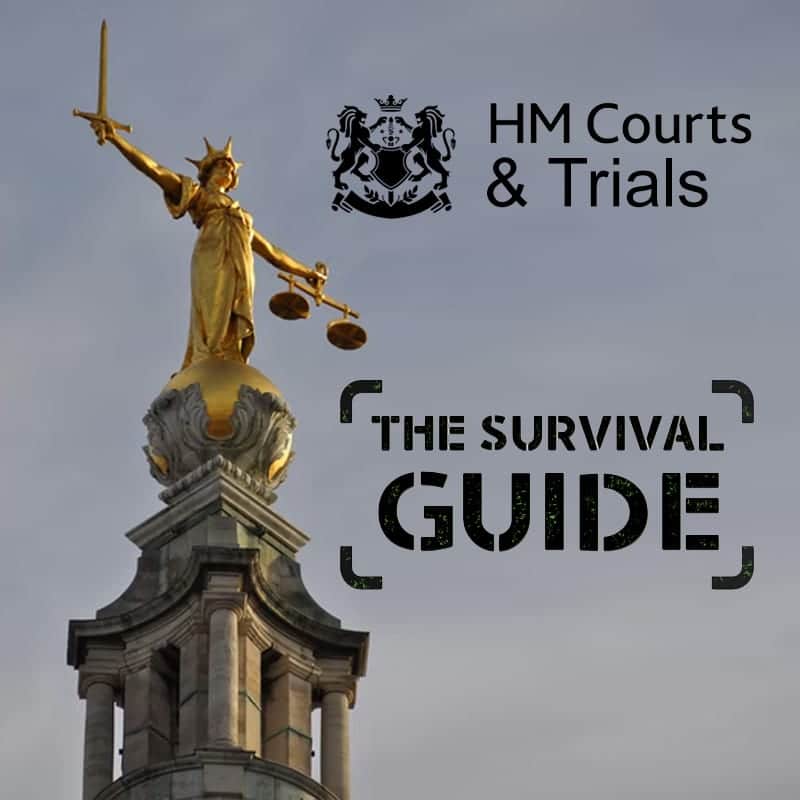What's the Prison Sentence for Firearms Offences?
In the UK, the prison sentence for firearms offences can be severe, reflecting the serious nature of crimes involving guns and other firearms. This article aims to provide a comprehensive overview of the legal repercussions and sentencing guidelines that come into play when one is convicted of firearms offences in the UK.
Legal Framework and Sentencing Guidelines
Firearms offences in the UK are primarily governed by the Firearms Act 1968 and subsequent amendments. These laws categorise firearms offences under various headings, such as possession, use, or trafficking of illegal firearms. The severity of the prison sentence often depends on the specific nature of the offence, the type of firearm involved, and the circumstances under which the crime was committed.
For instance, possession of a firearm with intent to endanger life or to enable another person to endanger life is considered one of the most serious offences, carrying a maximum prison sentence of life imprisonment. Other serious offences include the use of a firearm during the commission of a crime, or the manufacture and sale of prohibited firearms, each of which can also result in long prison sentences.

Factors Influencing Sentencing
Several factors influence the length of the prison sentence for a firearms offence. These include:
- The defendant’s previous criminal history.
- The type of firearm involved.
- Whether the firearm was loaded.
- Intentions behind possessing the firearm.
- The potential harm that could have resulted from the use of the firearm.
Judges also consider mitigating factors such as the defendant’s age, mental health, and whether they have shown remorse. Such factors can lead to reduced sentences, though the base level of sentencing remains high to reflect the gravity of firearms offences.
Case Studies and Precedents
Recent legal precedents demonstrate the UK’s strict stance on firearms offences. For example, cases involving the use of firearms in public places or near schools have seen particularly harsh sentences, reflecting societal concerns about gun violence. The courts consistently emphasise public safety and the deterrent nature of prison sentences in such decisions.
Impact of Sentencing on Rehabilitation
While the primary goal of sentencing for firearms offences is to punish and deter, there is also an emphasis on rehabilitation. Programs aimed at helping offenders understand the impact of their actions and address the reasons behind them are part of the prison system. However, the effectiveness of these programs varies, and reoffending rates among those convicted of firearms offences remain a concern.
Learn More About UK Law and Sentences
The UK’s approach to firearms offences is designed to be rigorous, with the law and courts focussing on prevention, punishment, and rehabilitation. For those interested in learning more about prison sentences for various crimes, including firearms offences, further information can be found on the dedicated website, PrisonGuide.co.uk. This resource offers in-depth insights into the legal landscape of the UK, helping readers understand the complexities of criminal law and the justice system.
Conclusion
The prison sentence for firearms offences in the UK is determined by a combination of the law, judicial discretion, and the specific circumstances of each case. Understanding these factors is crucial for anyone involved in legal disputes related to firearms, or for those simply interested in the workings of criminal justice in the UK. For more comprehensive information on prison and UK law and sentences, visit PrisonGuide.co.uk.
This content should provide a solid base for creating an SEO-optimized page around the topic of prison sentences for firearms offences in the UK.





